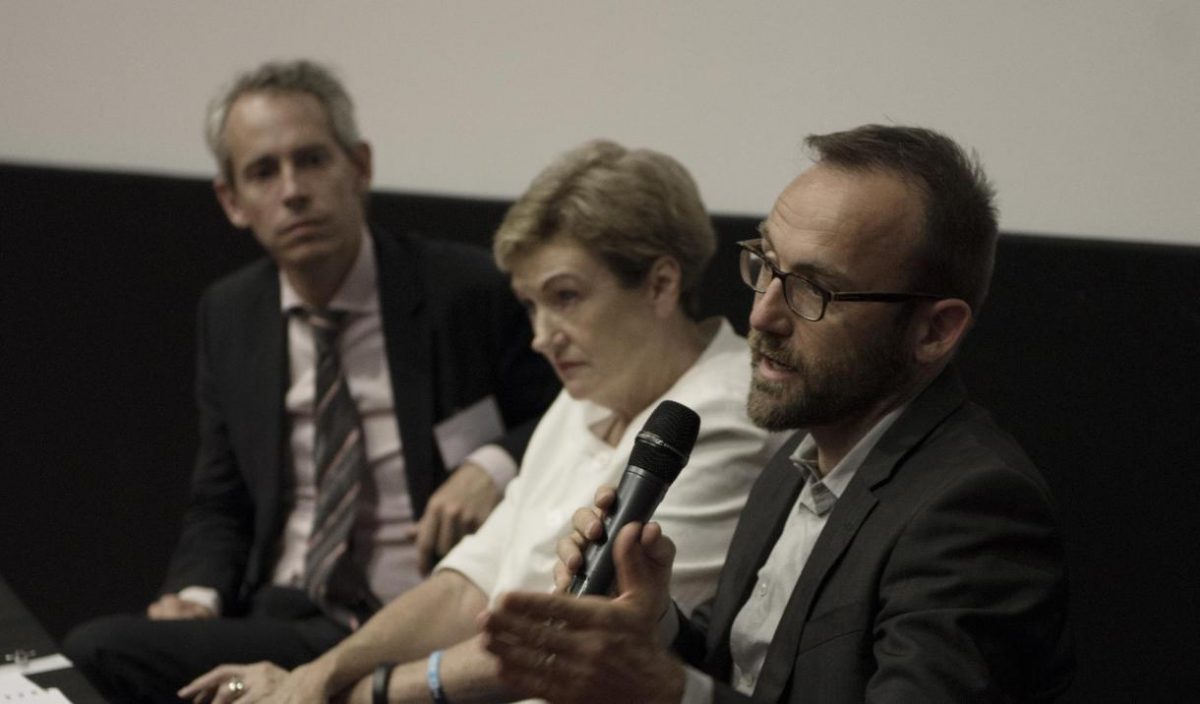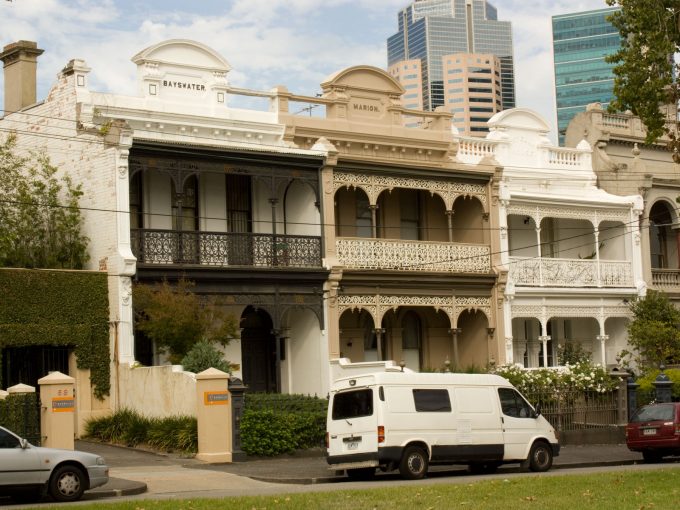For Australian cities to be competitive, productive and economically sustainable, they need to attract the best human talent, Lucy Turnbull has told a conference at RMIT.
For Australian cities to be competitive, productive and economically sustainable, they need to attract the best human talent, Lucy Turnbull has told a conference at RMIT.
Turnbull, chair of the urban-focused think tank, the Committee for Sydney, said lifestyle factors – including housing affordability, connectivity, environment, and education – were only secondary considerations when people considered where to live.
More important in the decision-making process, were factors such as job prospects, salary, career development and industry prospects.
“In a city where people’s work is the dominant determinant in how prosperous and what people’s job prospects are, you need to make sure that human talent has a reason to stay or a reason to come to our cities,” she said.
“So we need to understand that for our cities to succeed, they need to have the potential for people to work and think that they have a fulfilling and rich career ahead of them.”
Turnbull told the “Whitlam/Hamer Legacy: Challenges for Australian Cities” conference – hosted by the Centre for Urban Research – that there had recently been a “great inversion between suburbs and the inner-city”.
Since the Whitlam and Hamer years of government in the 1960s and 1970s, the location of social disadvantage within cities has switched from the inner city to the outer suburbs.
It is now desirable to live in the inner city, where the best jobs are located, services are concentrated and connectivity – including public transport and walkability – is greatest.
Turnbull, who is married to Prime Minister Malcolm Turnbull, said decision-makers needed to reshape and reimagine Australian suburbs so this concentration of disadvantage could be addressed.
“Sustainability today means tackling the suburbanisation of poverty,” she said.
“Suburban sprawl leads to negative effects on health, social and economic outcomes such as low walkability and connectivity, increased rates of diabetes, obesity and heart disease, low social inclusion and lower incomes and access to higher paying jobs.”

Federal Member for Melbourne Adam Bandt answers a question from the audience, watched on by Andrew Giles and Jane Prentice.
She said “transit-oriented development” would promote social inclusion through mixed communities – demographically and socio-economically – and reduce dependency on motor vehicles, leading to improved physical wellbeing.
“Not everyone can live inner-city, so we need to try to create inner-city characteristics in areas on city fringes,” she said.
The conference at RMIT’s City campus featured presentations from a number of Australia’s most highly regarded urban influencers.
Presentations were made by former Victorian Planning Minister Professor John Thwaites; City of Melbourne Chief Resilience Officer, Toby Kent; former Secretary of the Department of the Prime Minister and Cabinet, Terry Moran; and the Centre for Urban Research’s Director, Professor Jago Dodson.
About 150 people also took part in a panel discussion with Federal Members of Parliament Adam Bandt, Jane Prentice and Andrew Giles.
Dodson said the Centre for Urban Research was pleased to host the conference, which explored the Whitlam and Hamer periods of urban policy in Victoria and Australia and how these lessons might be relevant to today’s urban policy development.
“The conference sought to highlight the urban policy achievements of those eras, survey the challenges facing contemporary Australian cities and chart the steps needed to build sustained urban policy to improve their productivity, liveability and sustainability,” Dodson said.
He said the success of the event showed how linking academic research and scholarship with civic society could unearth new insights into key policy areas.
The event was run in partnership between RMIT’s Centre for Urban Research, the John Cain Foundation, the Hamer Family Fund and the Melbourne Sustainable Society Institute.
Story: Brenton Shaughnessy
Originally published on RMIT News.





